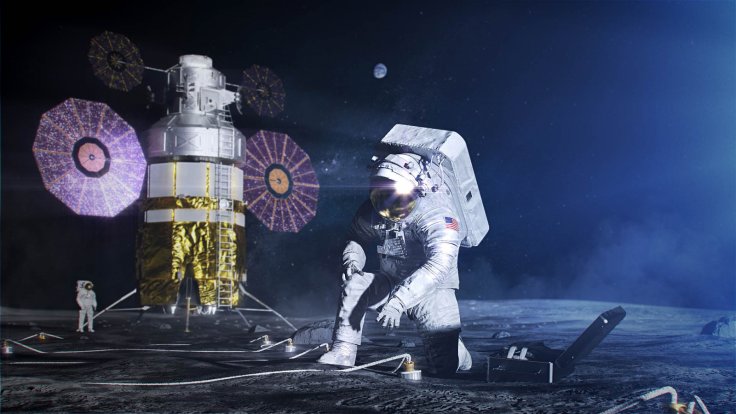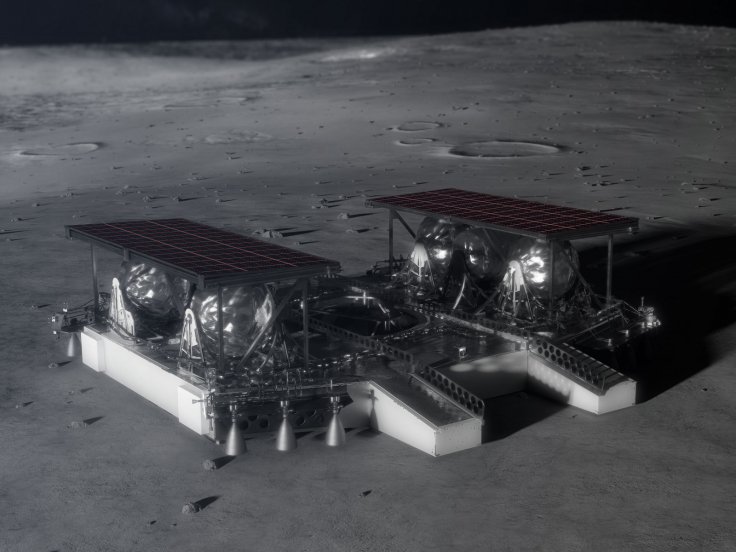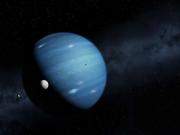An expert from NASA discussed how the agency will be able to successfully operate an outpost on the Moon that humans can live in. According to the expert, establishing a human outpost will involve using the natural features of the Moon.
Dr Daniel Moriarty III, a postdoctoral lunar scientist at NASA, discussed the subject of lunar outposts the upcoming mission to the Moon during a Reddit Ask Me Anything event hosted by the agency.
NASA's Artemis Moon Mission

For years, NASA has been planning to send astronauts on a new mission to the Moon for its new spaceflight program known as Artemis. As confirmed by NASA, the mission is slated to launch sometime in 2024, with the main objective of exploring the lunar south pole.
The upcoming mission will serve as the first time that humans will reach the moon since NASA's Apollo program, which ended in 1972. For the new lunar mission, NASA is looking to study the possibility of maintaining a sustained presence on the Moon. This will involve establishing a habitable outpost on the lunar surface.
Using Natural Lunar Features

During a previous Ask Me Anything Event on Reddit, scientists from NASA answered questions regarding the new Moon mission under the Artemis program. One of the subjects discussed during the event was the possibility of operating a human outpost on the Moon. According to Moriarty, NASA plans to make use of the existing natural features on the Moon for the outpost, which will certainly be easier constructing new structures or making drastic changes to the lunar surface.
"I don't think we're going to be able to change anything about the surface of the Moon much," the NASA scientist explained. "Instead, I think it makes sense to work within some of the structures and resources that are already there."
Possible Human Outpost Sites
As noted by Moriarty, NASA will most likely establish an outpost in a lunar region that's permanently covered by shadows. This would ensure that the area has accessible liquid water, which can be used to make spacecraft propellant. The scientist also said that the agency is looking into using the Moon's underground lava tubes since they can protect astronauts from the harsh conditions of space.
"It could be useful to establish a base near a permanently-shadowed polar region in order to take advantage of surface water that's there," Moriarty stated. "Alternatively, it could be interesting to set up shop within a pre-existing lava tube, which could provide astronauts with some shielding from temperature variations and incoming solar radiation."









